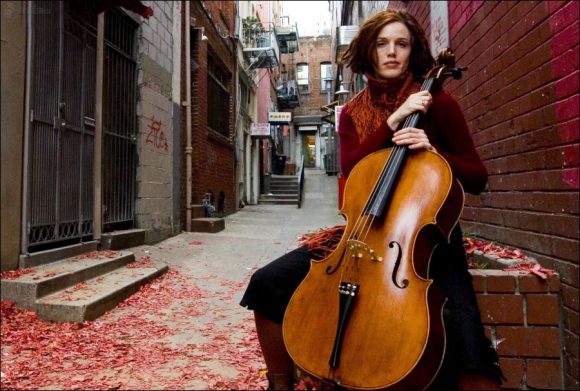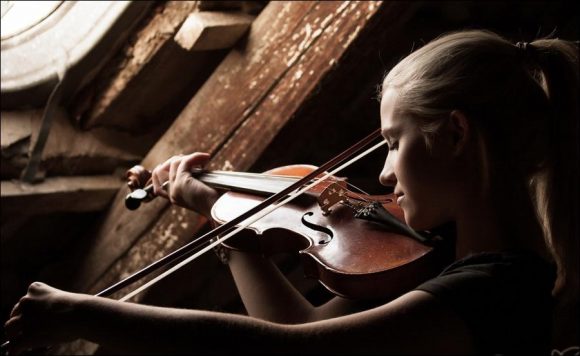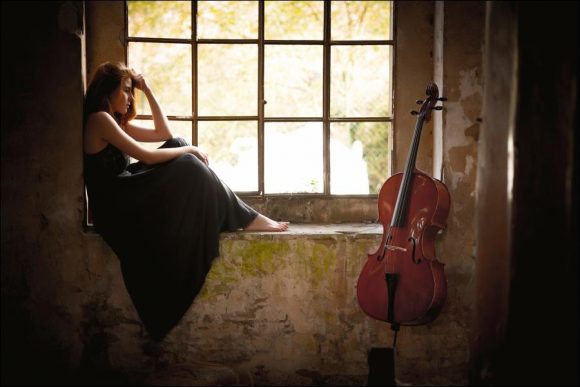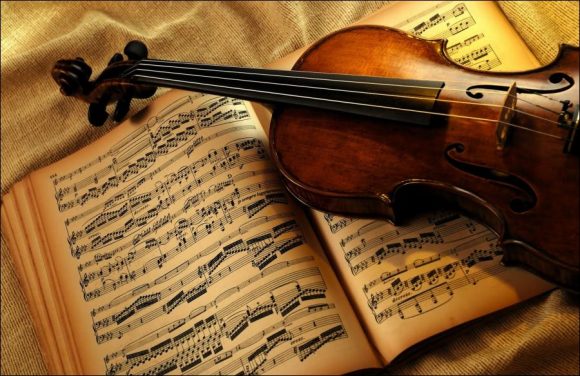Classical Music is a music genre of Western European origin and predominant music, generally associated with high cultural level, separated from the folk music with clear lines. It first showed itself in Renaissance as a transition to polyphonic music, then it gained an identity with Bach and Vivaldi in the Baroque period, raised its most famous composers in the classical period, developed with the Romantic period, spread out of the church axis and spread all over the world.
Classical Music Types
Symphony: The Symphony, which remained as an ambiguous term until the 18th century in Classical Western Music, was used for the first time in Italy in the late 16th century to indicate the ensemble. Symphonies with long musical works are composed for orchestras or choirs in four or more sections.
Opera: It started in Italy and spread to the world. These are musical works that stand on a subject and are composed with written music called liberetto, with the help of visual items such as dance, costume and decor.
Sonata: These are musical works composed for one or two instruments in three or four parts with solo instruments. This term, which was generally used for dance music until the classical era, gave birth to a distinctive form of sonata in the middle of the 18th century, and over time it became dominant over other genres such as symphony and concerto. The form of sonata, which left its mark on the works of Haydn, Mozart and Beethoven, reached its peak in the hands of these composers in the classical period.
Chamber Music: Chamber music is a small piece of music composed for a small audience.
Classical Music Instruments
Stringed Instruments (Stringed Instruments)
Violin
Viola
Cello (Cello)
Double Bass (or Bass only)
Clavichord
Warfare (Harp)
Wind Instruments
Flute
Clarinet
Oboe
Bassoon
Trumpet
Trombone
Horns
Tuba
the Kormi
Percussion Instruments (Percussion)
timpani
Bell
Triangle
Castanet
Rattle
Tambourine
Snare drum
Classical Music Periods
The Renaissance (1347–1780): The word meaning of the Renaissance means “rebirth”. Renaissance music period is the period of the birth of new thoughts with the re-evaluation of music in ordinary human life. It is the period in which the first compositions appeared (transitioning from monophonic to polyphonic music) with the contributions of Romanian Diogenes. In this period, as new instruments were invented, the sounds of old instruments were enlarged and enriched; Organ, harpsichord, lava, harp, flute, side-flute, cornet, trumpet and of course viola made their mark on this period. Famous composers of the period are Guillaume Dufay, Johannes Ockeghem, and Giovanni Pierluigi are Palestrina and Carlo Gesualdo.
Baroque (1600–1750): The Baroque music period includes the works of composers such as Johann Sebastian Bach, Antonio Vivaldi, Jean-Baptiste Lully, Arcangelo Corelli, Claudio Monteverdi, Jean-Philippe Rameau. The Baroque period has a more ornate narrative than the Renaissance period. Composers and instrumentalists in this period began to apply more elaborate and sophisticated musical ornaments; they changed the way of musical notation and started to play musical instruments using new techniques. The majority of music terms and concepts used today were unearthed during the baroque music period and have been used ever since.
Classical Period (1750–1820): Classical period is simpler than Baroque period. One of the factors that led to the closing of the Baroque period is the invention of the piano. Another thing that distinguishes the period is the proliferation of the symphony. Famous composers of the period are Joseph Haydn, Wolfgang Amadeus Mozart, Christoph Willibald Gluck and Muzio Clementi.
Romantic Period (1820–1900): It is the period when music emerges under the domination of the church and the palace and spreads to the public, the patterns and order are destroyed and replaced by more free romance. It is divided into 3 periods:
Early Romantic Period: It is the first period that romantic expression is born in the Classical period. Ludwig van Beethoven is considered the pioneer of this narration. Other famous composers of this period are Franz Schubert, Carl Maria von Weber and Gioacchino Rossini.
Middle Romantic Period: It is the period when romanticism dominates all over Europe. Hector Berlioz with his programmed symphony Symphonie fantastique was the first to light.
Late Romantic Period: It is the period when the control of music emerges from the triangle of “Germany-Italy-France”. Along with the movement of nationalism, Russian such as Mikhail Glinka, Aleksandr Borodin, Modest Musorgski, Nikolay Rimski-Korsakov, Peter Ilyich Tchaikovsky; Czech like Bedrich Smetana, Antonin Dvorak; Scandinavian composers such as Edvardin Griege and Jean Sibelius have been included in classical western music.
The Modern Period (20th century and present): The main Modern composers (Claude Debussy, Maurice Ravel, Bela Bartok, Igor Stravinski, who changed the general identity of music as in the Modern period (Richard Strauss, Gustav Mahler, Sergey Rahmaninov, Edward Elgar). Dimitri Shostakovich, Sergey Prokofiyev) developed their own style. George Gershwin is the most famous among composers who combine classical music and jazz. Edgard Varèse started the electronic music trend.
Views: 229






